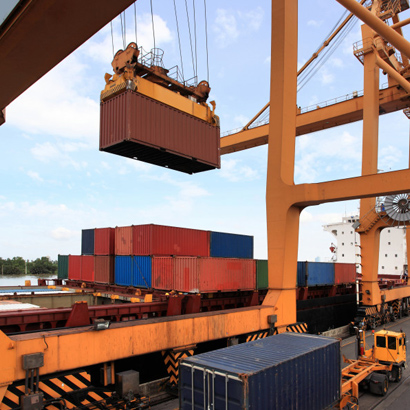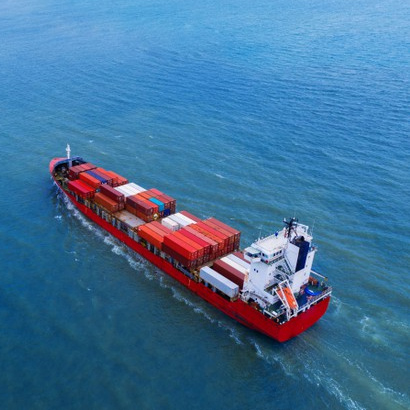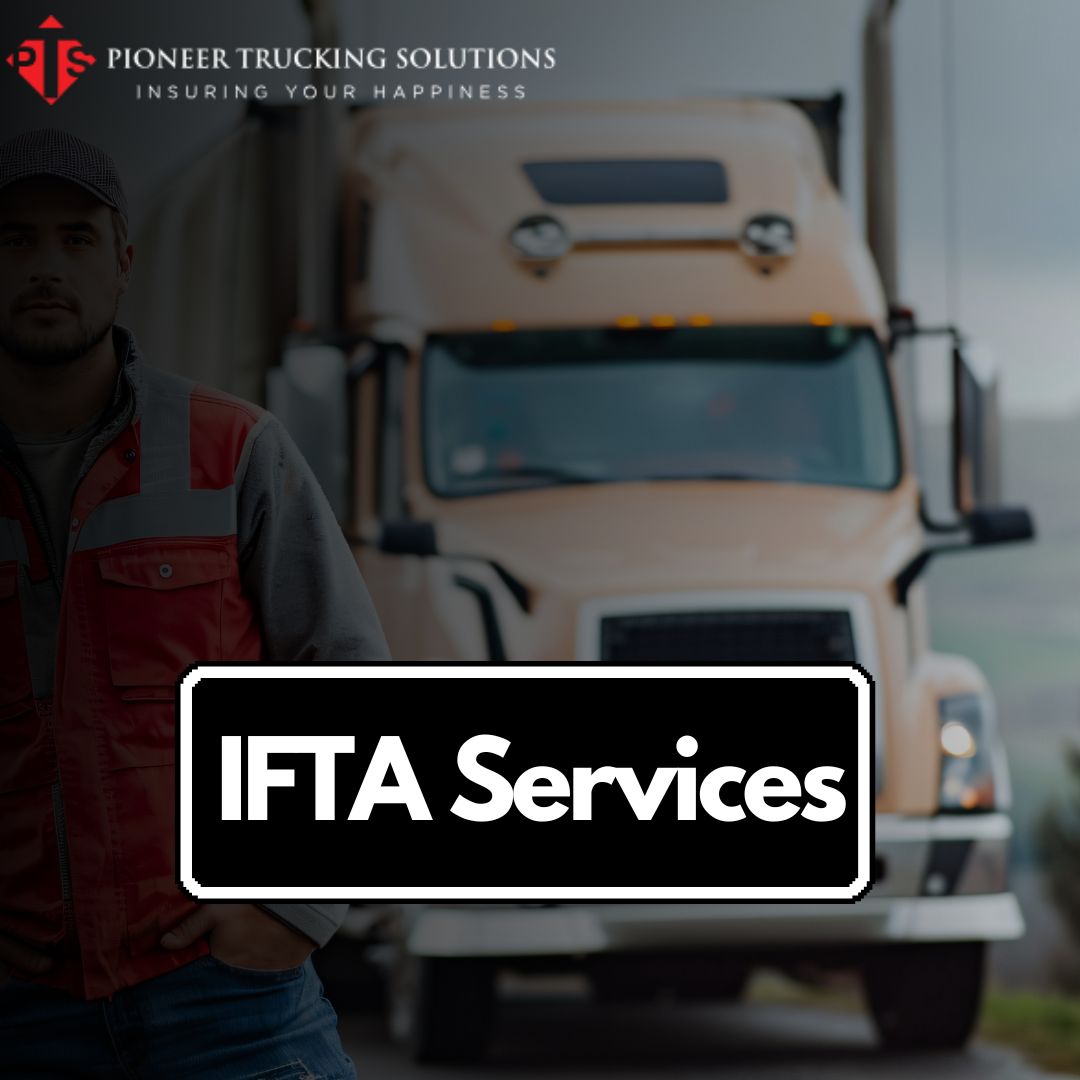Today, maintaining IFTA requirements is vital for businesses and owner-operators who deliver goods across state lines through trucks. But for new business owners and drivers, handling the tasks related to IFTA can often seem confusing.
Compliance with IFTA regulations is a crucial element of fuel tax reporting for interstate trucking operations. Many truckers and fleet managers have questions about the requirements and other things to maintain fleet requirements.
Through this article, we will address the top 5 questions about IFTA registration to help you better understand its requirements and how to stay compliant.
1. What is IFTA and why do I need to register?
These are the common questions that are first asked by business to trucking experts, what is IFTA and why it is important? Well, what experts answer always is that it is an agreement between 48 U.S. states and 10 Canadian provinces. They share that this agreement simplifies the process of fuel tax reporting for commercial vehicles that operate in multiple jurisdictions.
Having an IFTA you need not fill out separate fuel tax returns for each state or province. By doing this trucking companies reduce their burden of filing returns every month. Now they only need to file one quarterly return in their base jurisdiction.
The major purpose of registering for IFTA is to ensure fuel taxes are fairly distributed in the jurisdiction where fuel is consumed and miles are travelled.
2. Which vehicle is declared qualified for IFTA registration?
Before you apply for IFTA, the business needs to know the requirements and details about the vehicle which qualifies for application for IFTA. A qualified motor vehicle is:
- If your truck has two axles and a GVW exceeding 26000 pounds.
- If your commercial vehicle has three or more axles.
- A combination of vehicles that exceed a GVW of 26000 pounds.
Your vehicle will be declared qualified if it meets the above share criteria and then only you can register for IFTA.
3. How do I register for IFTA?
Registration for IFTA does not demand extra time and deep knowledge. You can register it in minutes by following the basic registration process. Experts share that it is a straightforward process. What you only need to do is pay attention to the details you submit. Here’s how you can go about it:
Determine Your Base Jurisdiction:
While registering you need to mention your base jurisdiction which is typically the state where your trucking company is based. You need to register for IFTA here only.
Complete the application:
Submit your registration application in your jurisdiction. Visit the Department of Motor Vehicles (DMV) or another relevant agency and submit the documents. In this document, you need to provide details about your business, including.
– Business name and contact information.
– The number of vehicles in your fleet.
– Proof of the vehicle’s registration or identification.
– Federal DOT number (if applicable).
Pay Registration Fees:
There are common fees for registration for IFTA which you need to submit. This fee includes the cost related expenses. The fees vary by jurisdiction, so it’s essential to check with your state’s IFTA Office.
Receive Your IFTA License and Decals:
Once you submit your application and it gets processed further, you will receive an IFTA license which must be kept in your vehicle.
4. What information is required for quarterly IFTA reporting?
Once you get delivered with IFTA you need to report quarterly fuel tax returns. You need to report your commercial vehicle fuel consumption and mileage. These reports must include detailed information such as:
- Total miles travelled in each jurisdiction (state or province).
- Total fuel purchased in each jurisdiction.
- Fuel used in each jurisdiction, including fuel type.
The quarterly return will calculate the fuel taxes owed to each jurisdiction based on the miles travelled and the fuel consumed in that area.
5. What happens if you don’t register for IFTA or fail to file?
If you follow your trucking business activity without registering for IFTA or failing to file your quarterly tax returns, it can result in serious penalties.
Fines and Late Fees: Based on different jurisdictions, you will be charged fines for late filing, delay in registration and not having an IFTA.
License Suspension: Somehow you forgot to renew your IFTA license and it got suspended. Your operations in different jurisdictions will be affected. This can have serious financial consequences if your business relies on interstate travel.
To avoid these consequences, it’s crucial to stay on top of IFTA registration and ensure that your quarterly returns are submitted accurately and on time.







